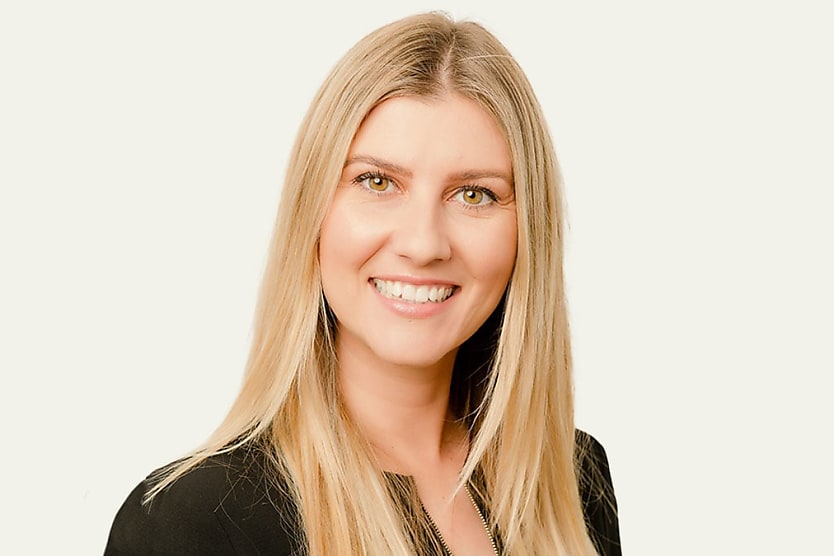
If you’d sooner get stuck into mundane household chores than sit down and update your CV, you wouldn’t be the only one. For many people, drafting and updating a résumé is up there with some of life's most tedious and unexciting tasks – next to booking a dental appointment or organising your sock drawer.
In fact, a new survey from Indeed has revealed the vast majority (81 per cent) of Australian workers put off updating their CV, while one in three confess they’d rather clean the house or do their laundry. The survey also found that close to a third of working-age Australians haven’t updated their CV in more than twelve months, and while this figure many not come as a surprise to many people, what is surprising is that a quarter of those currently job hunting are applying for jobs with an out-of-date CV.
When it comes to the reasons why, many people report a lack of time or competing priorities, while others admit they simply find it a boring task. However, despite many workers dreading the task of updating their CV, the survey found that over a third of people believe CVs are only set to become more important – though what they will look like and how they will be used is likely to continue to change.
At present, many people choose to share their CVs online via job recruitment websites, company websites or professional networks, while significantly fewer opt to share their CVs in person – though this is notably more common amongst workers aged 50-64. Increasingly, however, a growing number of job seekers are opting for alternative ways to apply for jobs, with more than one in ten creating professional social media profiles – think TikTok and Instagram, particularly popular amongst Gen Z job seekers – or other online platforms like blogs or virtual workshops.
For HR leaders and hiring managers, the survey’s findings suggest a growing need for flexible and adaptable recruiting, particularly when it comes to applicants’ CVs.
The global workforce is currently undergoing a period of rapid change when it comes to how we work, influenced in part by the changing demographics of the labour market – in particular, older Australians remaining in the workforce for longer, alongside the increasing number of younger workers entering for the first time – as well as continued efforts to boost diversity and inclusion which, in some cases, require veering away from traditional hiring practices.
In this changing landscape, what’s important is ensuring that the candidate has the opportunity to put their best self forward and truly showcase their strengths.
For older workers who may prefer a more personal approach, or those with disabilities that make navigating an online form challenging, consider accepting in-person CVs instead. This can allow candidates to establish greater connection and may also enable recruiters to get a better feel for the candidate’s personality.
Similarly, for younger workers who may have little experience but great talent, consider alternative ways they could demonstrate their skills and strengths – whether by building a website, designing a logo, or curating social media content.
These alternatives can help minimise some of the dread and stress many workers seem to experience when it comes to drafting and updating their CVs. In fact, HR leaders and hiring managers have a key role to play here, not only in implementing more flexible, adaptable recruitment processes, but in helping existing employees build the confidence to craft an authentic CV for their next role.
Help candidates to put their best self forward and minimise some of the dread of crafting a CV by sharing tips and offering support. Every hiring manager could tell you what sets apart a good CV from a great one, so consider sharing these insights with your team. Help them to identify and emphasise strengths and key skills – both hard and soft – and encourage them to show their personality and authentic self. This guidance will help put them in good stead when it’s time to move on to their next role.
By changing the way we use CVs, we may, in turn, change how Australian workers feel about them – while also giving our organisations greater access to a wider and more diverse talent pool.
Sally McKibbin is career coach at Indeed
Shandel McAuliffe
Shandel has recently returned to Australia after working in the UK for eight years. Shandel's experience in the UK included over three years at the CIPD in their marketing, marcomms and events teams, followed by two plus years with The Adecco Group UK&I in marketing, PR, internal comms and project management. Cementing Shandel's experience in the HR industry, she was the head of content for Cezanne HR, a full-lifecycle HR software solution, for the two years prior to her return to Australia.
Shandel has previous experience as a copy writer, proofreader and copy editor, and a keen interest in HR, leadership and psychology. She's excited to be at the helm of HR Leader as its editor, bringing new and innovative ideas to the publication's audience, drawing on her time overseas and learning from experts closer to home in Australia.










